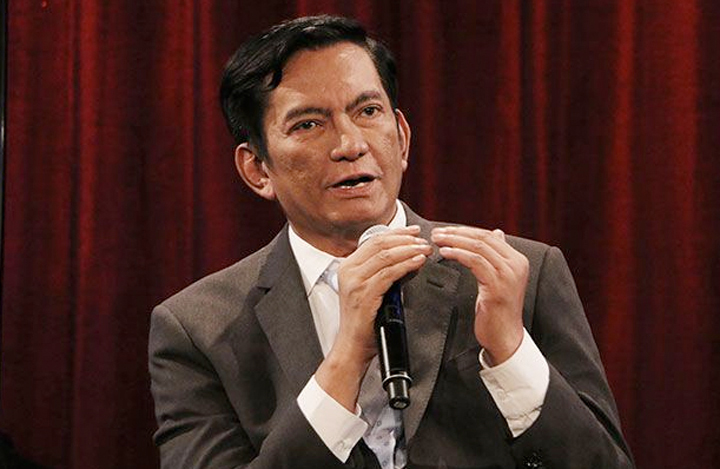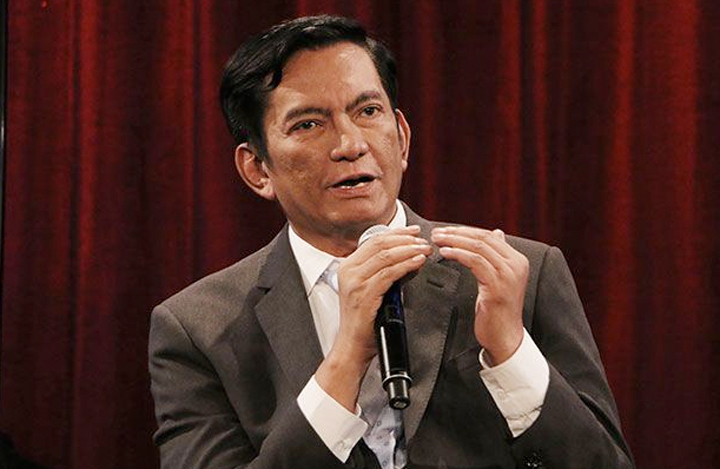
PEOPLE with unpaid estate taxes now have until 2023 to settle their dues with the government.
This after President Duterte signed on Wednesday Republic Act 11569, which extended the estate tax amnesty from June 15, 2021 to June 14, 2023.
Under the law, an executor or administrator of an estate, as well as legal heirs, transferees or beneficiaries may be able to avail themselves of the said amnesty through the Revenue District Office of the Bureau of Internal Revenue (BIR).
The availment of the Estate Tax Amnesty and the issuance of the corresponding Acceptance Payment Form do not imply any admission of criminal, civil, or administrative liability on the part of the availing estate.
The Department of Finance (DOF) will issue the necessary Implementing Rules and Regulations for RA 11569, 60 days after its effectivity.
RA 11569, will take effect 15 days after is publication in the Official Gazette or in two newspapers of general circulation.
Critical component
HOUSE Ways and Means Chairman Joey Sarte Salceda (Albay, second district) thanked Duterte for signing the Estate Tax Amnesty Extension Act, or Republic Act 11569. The law extends the estate tax amnesty application period by two years from the original deadline of June 14.
“This will be a very crucial piece of our economic recovery puzzle. I thank President Duterte for his approval of this measure, which has been a priority for the House Committee on Ways and Means,” said Salceda, a principal sponsor of the House version of the proposal.
On September 15, 2020, the chamber approved on third reading House Bill 7068, which also called for a two-year extension of Republic Act 11213, of the Estate Tax Amnesty Act.
“The estate tax amnesty will be critical to economic recovery, as it would allow property owners with unsettled estates to access bank financing or to liquidate their property to finance other needs,” Salceda said.
“Having estates settled will unlock the value of such properties and allow credit arising from them to be used to finance economic activities. Covid-19 quarantines also took away significant filing time from potential filers for estate taxes, such that availers did not have full opportunity to complete the estate tax amnesty process for the entire period allowed by the law,” the House tax chair added.
The signed bill is the Senate version, which was a reworking of the House version, and which Salceda recommended to be adopted in order to expedite the process.
The House version of the bill reinstated the provision that only one return may be filed for estates involving multiple generations of decedents, which had been vetoed by President Duterte when he signed RA 11213.
The Senate version deleted the provision, but “the President is likely to veto the same provision again if it were kept,” Salceda added.
The Senate also removed the requirement for heirs to submit “proof of settlement,” which Salceda said “is immaterial, as the Bureau of Internal Revenue can simply require such proof to be presented if so needed.”

